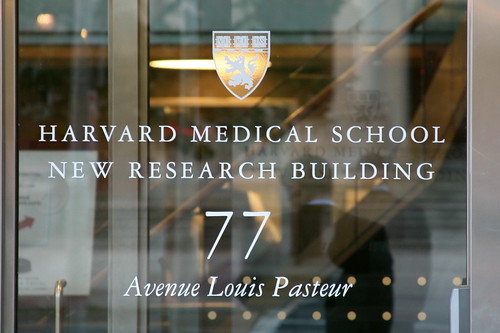
![]() photo credit: divemasterking2000
photo credit: divemasterking2000
Whether or not to attend graduate school is a question that many college students and graduates grapple with. During the great recession many students have opted to attend graduate school instead of face a difficult job market. And according to a recent survey conducted by the Graduate Management Admission Council that strategy may be paying off for some 2010 MBA graduates. The survey reports an increase in hiring of MBA graduates compared to 2009. In addition, according to the Census Bureau, in 2008 college graduates between 25 and 29 with a master’s degree made on average $7,954 more annually than those with only a bachelor’s degree.
But before signing up for tutoring for the GRE exam, Linda Abraham, a graduate school admissions expert and president of Accepted.com (http://www.accepted.com/ ), recommends that students carefully consider the following steps:
Do the math. Before deciding on whether to pursue graduate school, Abraham recommends that students determine whether graduate school makes sense financially. Specifically, students need to research what are the job opportunities in your chosen field. How much more can students expect to make with your graduate degree than without it? Students also need to find out what are the out-of-pocket costs as well as the cost of lost income to pursue an advanced degree. Once a student has collected all the information, they are then in a good position to do the math. “A” should exceed “B” or this degree may be enjoyable and fun but ultimately not profitable.
Prepare for graduate school while an undergraduate. The first step students should take to prepare for graduate school is to get good grades as an undergraduate. As undergraduates, students should volunteer, work or intern in areas of interest to them. Students need to get experience that tells them if they like the field. The third step is to minimize debt as much as possible. Abraham also recommends that students should assume leadership roles as an undergraduate.
Have a purpose for your studies. Most academic programs require a statement of purpose. Simply put, that means you need a purpose for your studies. Medical school, business school and most academic graduate programs expect you to know why you want to attend graduate school. Students need to research their intended fields or they can easily make mistakes. “Don’t go to graduate school because you like school and don’t know what else to do,” said Abraham.
Take test once if possible. Abraham also recommends that students take graduate school admission tests only once if possible. “Try to take one time and make it your best,” said Abraham. “Don’t take it on a lark.” Most business schools and law schools take the highest score. Graduate schools and medical schools policies vary. Abraham recommends students research the policies of the schools they are interested in.
Use graduate school rankings as a data source not as a bible. According to Abraham, the rankings themselves contain data that is useful but the “rankings themselves are for lazy minds who don’t want to think. The rankings that count are the one that the individual applicant should create.” Students should research graduate school programs on school web sites and they should also talk to people in the fields they want to join. Students should also review professional associations and web sites such as http://www.accepted.com/.
Work first if possible. Depending on the graduate degree, it might be helpful for students to work first full time instead of going directly to graduate school from college. Abraham recommends that students interested in pursuing an MBA degree work 2 to 6 years before graduate school. She also reports that a couple of years of full time work is helpful before medical school and law school but is not required.
Use Gap year productively. Gap years can be seen positively by graduate schools provided the year is spent productively according to Abraham. “Sitting on the beach won’t cut it,” said Abraham. Extensive travel, working full-time, Teach for America, Peace Corps, and significant volunteer responsibly during a Gap year can only help reports Abraham.
